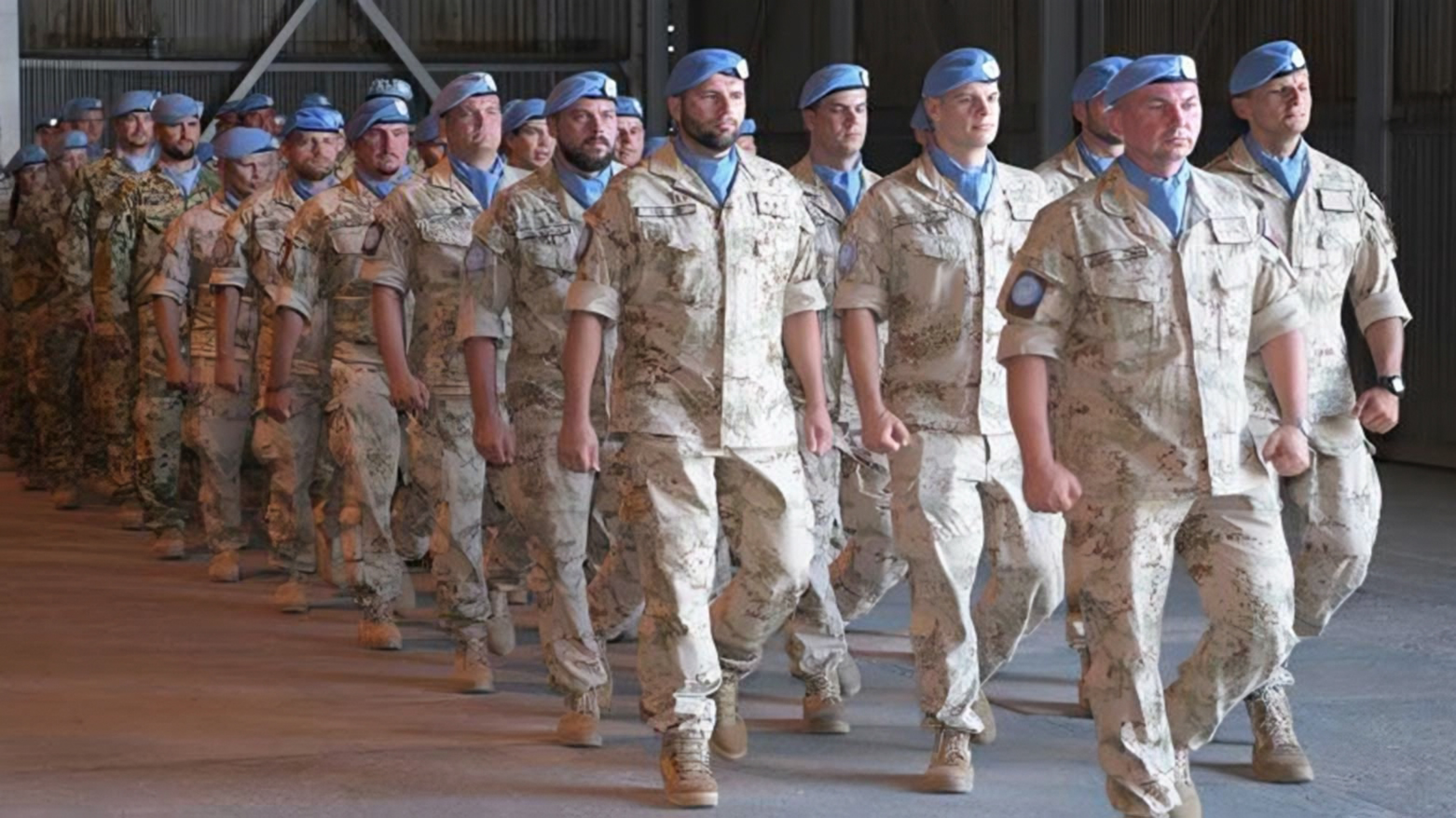U.N. to Slash Peacekeeping Force Amid U.S. Funding Cuts
Thousands of troops to return home from global missions as Secretary-General Guterres implements reforms in response to reduced U.S. contributions

ERBIL (Kurdistan24) — The United Nations plans to slash its global peacekeeping force and operations, forcing thousands of soldiers to leave conflict zones over the coming months due to the latest U.S. funding cuts, a senior U.N. official said Wednesday.
The official, speaking on the condition of anonymity, briefed AP on a 25% reduction in peacekeepers worldwide as the United States, the largest U.N. donor, aligns its contributions with President Donald Trump’s “America First” agenda.
Roughly 13,000 to 14,000 military and police personnel out of more than 50,000 peacekeepers deployed across nine missions will be recalled to their home countries.
The U.N. support office in Somalia will also be affected. Overall, the peacekeeping budget is set to be reduced by approximately 15% this year.
U.N. missions currently operate in countries including the Democratic Republic of Congo, the Central African Republic, South Sudan, Lebanon, Cyprus, and Kosovo.
Each of the U.N.’s 193 member states is legally required to pay its share of peacekeeping costs. Secretary-General Antonio Guterres has argued that U.N. peacekeeping “represents a tiny fraction of global military spending — around one half of one percent — and remains one of the most effective and cost-efficient tools to build international peace and security.”
The decision to overhaul the peacekeeping force follows a meeting on Tuesday between Guterres and representatives of major donor countries, including Mike Waltz, the U.S. ambassador to the United Nations.
Waltz and other Trump administration officials have criticized the U.N. for being bloated and redundant, pledging to halt additional contributions until the State Department assesses the effectiveness of every U.N. agency and program.
Since the start of Trump’s second term in January, the U.S. has already cut funding to UNESCO, the World Health Organization, and the U.N.’s top human rights body, while reviewing support for other agencies.
More than 60 U.N. offices, agencies, and operations now face 20% job cuts as part of Guterres’ reform effort and in response to U.S. funding reductions.
In a recent television interview, Waltz said the U.S. is focused on returning the U.N. “to the basics of promoting peace, enforcing peace, preventing wars,” adding: “We have to cut out all of this other nonsense.”
U.N. peacekeeping operations have expanded significantly since the Cold War. At the end of the 1980s, the U.N. deployed 11,000 peacekeepers; by 2014, that number had grown to 130,000 across 16 operations. Today, around 52,000 personnel serve in 11 conflict areas in Africa, Asia, Europe, and the Middle East.
The U.S. announced it will commit $680 million to nine ongoing missions, a reduction from the $1 billion paid at this time last year.
Funding will support all active missions, particularly those of special U.S. interest, such as peacekeepers in Lebanon and the Democratic Republic of Congo.
Contributions from the U.S. and China account for half of the U.N.’s peacekeeping budget, and China has indicated it will fulfill its full contribution by year’s end, according to a senior U.N. official.
The planned reductions mark a significant turning point for U.N. peacekeeping, raising concerns about the impact on global security and the organization’s ability to maintain stability in some of the world’s most volatile regions.